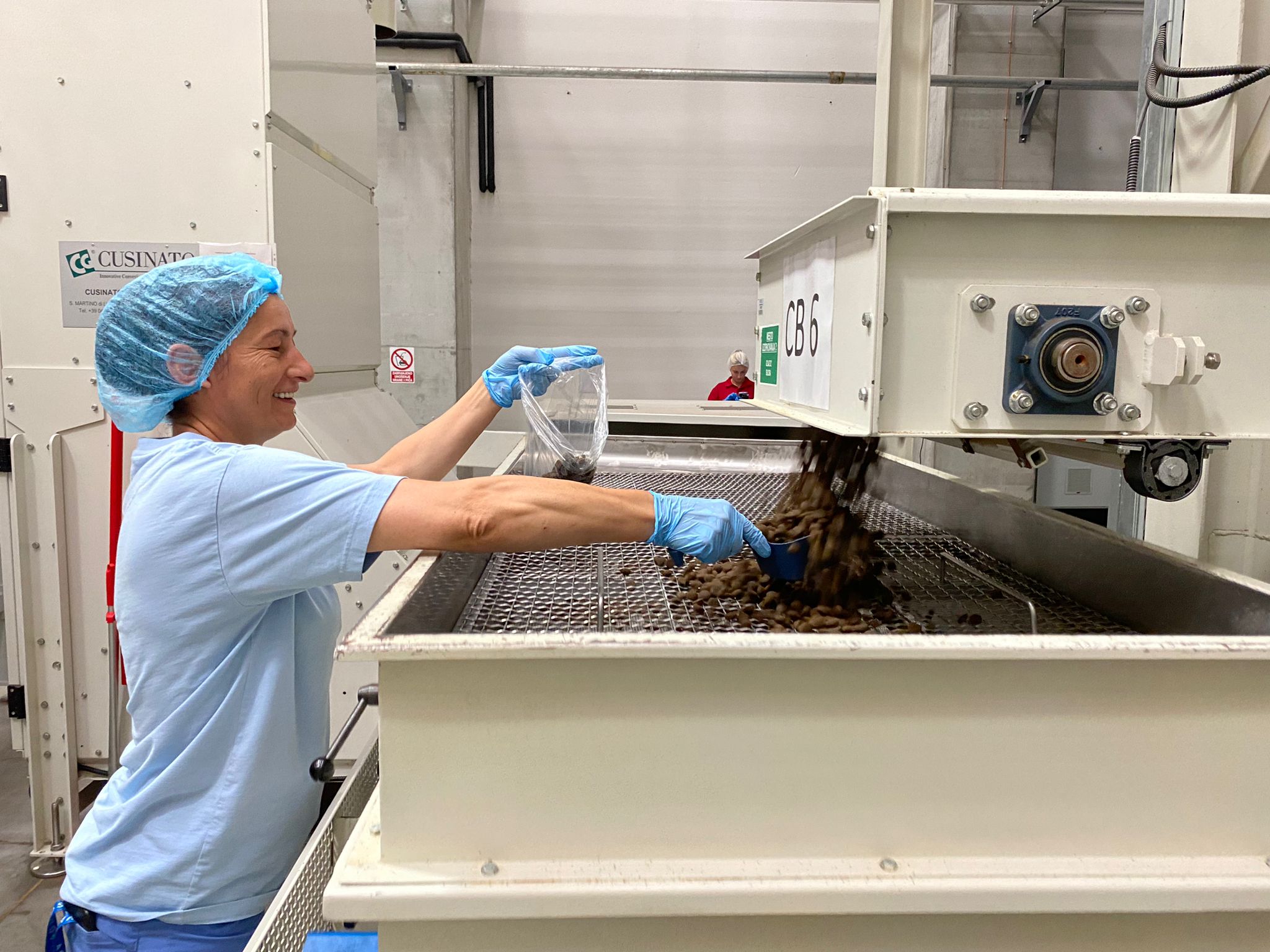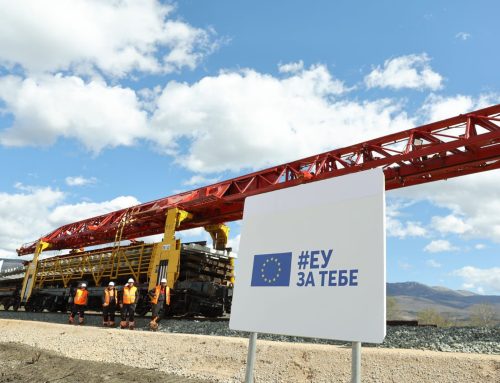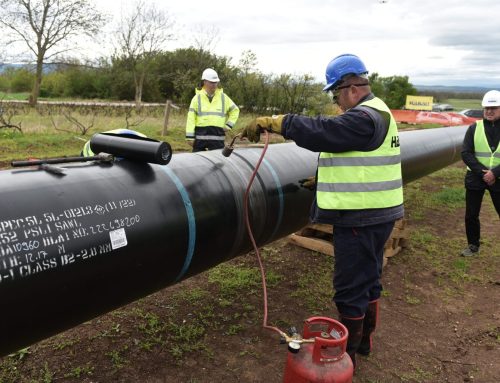When Mirko Stajn, Development Project Manager at Agrosava, a Serbian agribusiness firm, was asked to briefly describe the company’s vision, he said: “What we take from nature, we give back to her.”
This is the logic behind most of the company’s investments in becoming more environmentally sustainable, including the most recent one in a rooftop solar plant, which they financed with support from the European Bank for Reconstruction and Development (EBRD) and the European Union (EU).
“We were driven by the environmental and financial benefits associated with making these investments. Using less energy is good for the environment and for the company’s financial well-being,” says Mirko.
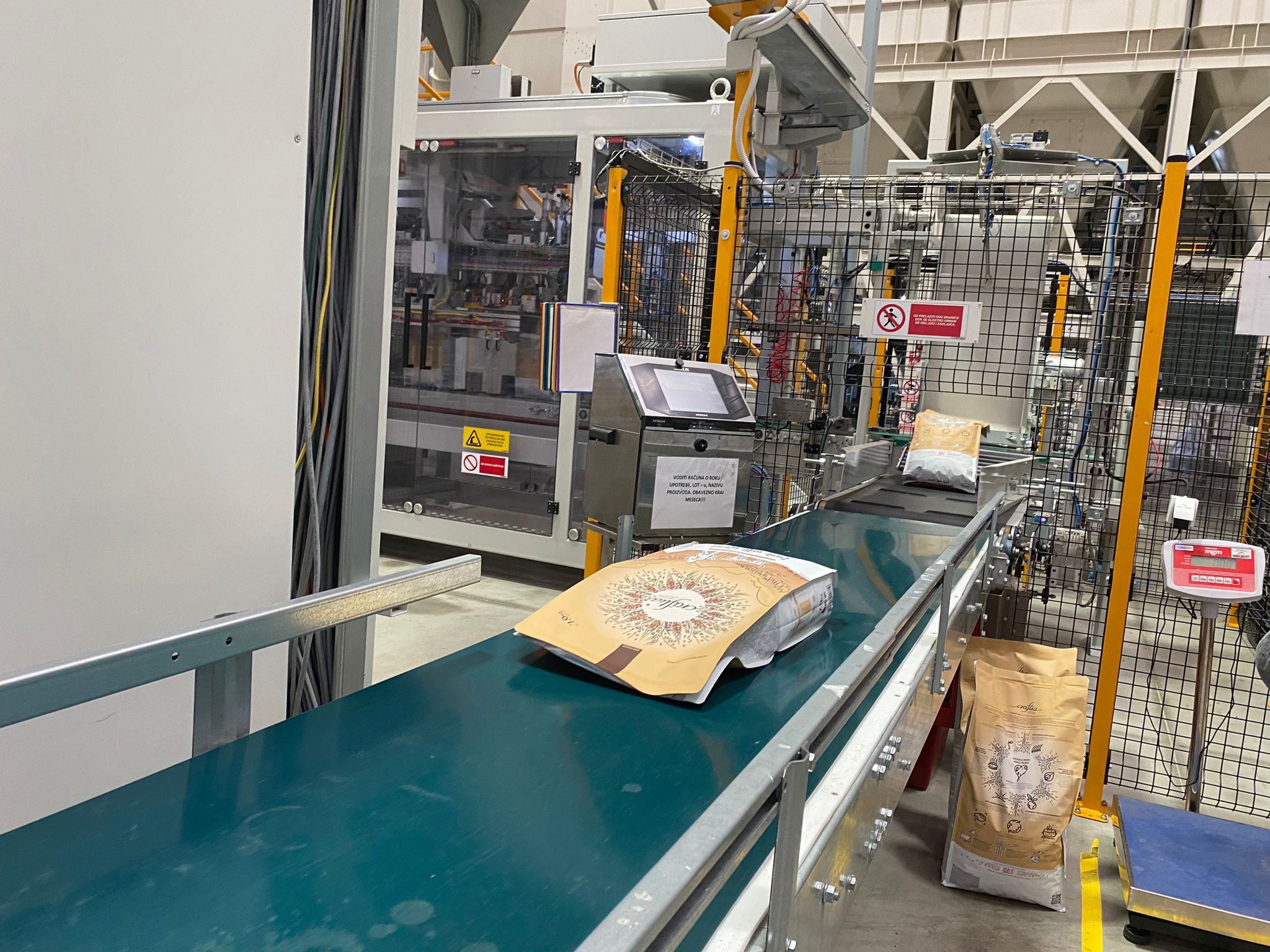
Planning and thinking strategically about green transition is not new for Agrosava. The Belgrade-based company – which specialises in plant protection, corn seed production and pet food (the latter being the latest addition to its product portfolio) – previously invested in heat and hot water production from biowaste, and in plastic recycling equipment in production of packing materials, single and multilayer bottles and jerry cans.
“With modern business trends in mind, and to be sustainable, we invested in solar energy, reducing our carbon footprint and waste materials. We want to become a zero-waste company because waste means you are losing money,” adds Mirko.
The solar plant was financed with a loan secured from the EBRD’s SME Competitiveness Programme. In addition to the loan, the company also received a 15 per cent cashback incentive, funded by the EU, which also provides funds for technical assistance.
“The grant encouraged us to go ahead with this investment. We also appreciated the technical assistance and advisory support from the consultants who helped us structure this project and advise us on the right technology and investments most suitable for us,” Mirko says.
The solar plant now covers a substantial part of the company’s energy consumption, and they expect to be able to pay off the total investment within only five to six years.
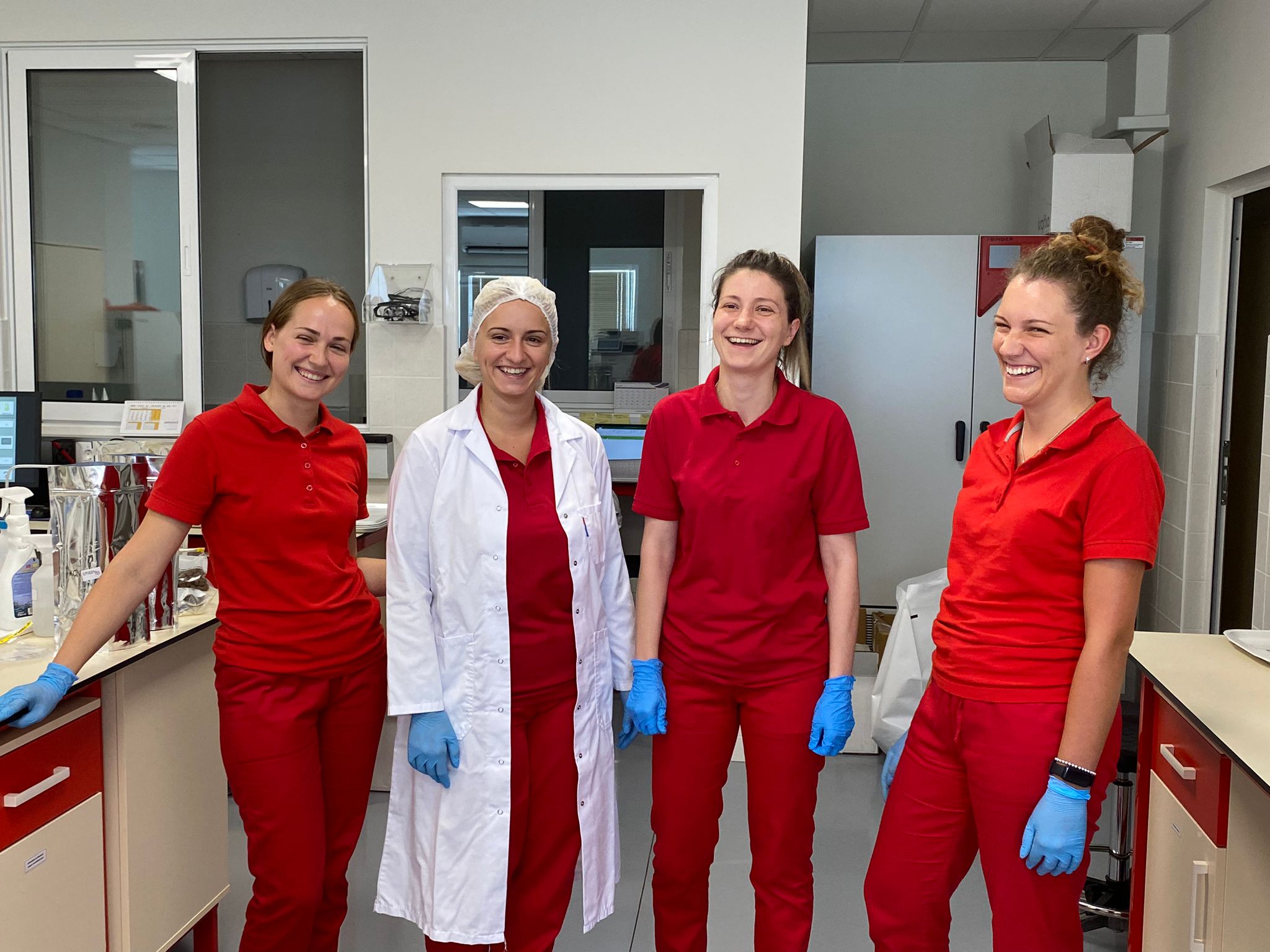
Family business with a vision
Agrosava started over 30 years ago as a small shop for pesticides. Today it is one of the leading producers of plant protection products in south-eastern Europe. It exports its products across Europe and beyond and works with large companies like Bayer, BASF, Singenta and others.
CEO of Agrosava, Petar Mirkovic, says “Success is difficult to explain, but I believe that our success is largely because we use and re-use, recycle all our resources, and we invest a lot in our development. We invest 30-40 per cent of profit in development, and this is the only way to go forward.”
Supporting companies like Agrosava is one of EBRD’s key priorities in Serbia, where the Bank provides direct financing and loans in partnership with commercial banks to local small businesses to help them grow.
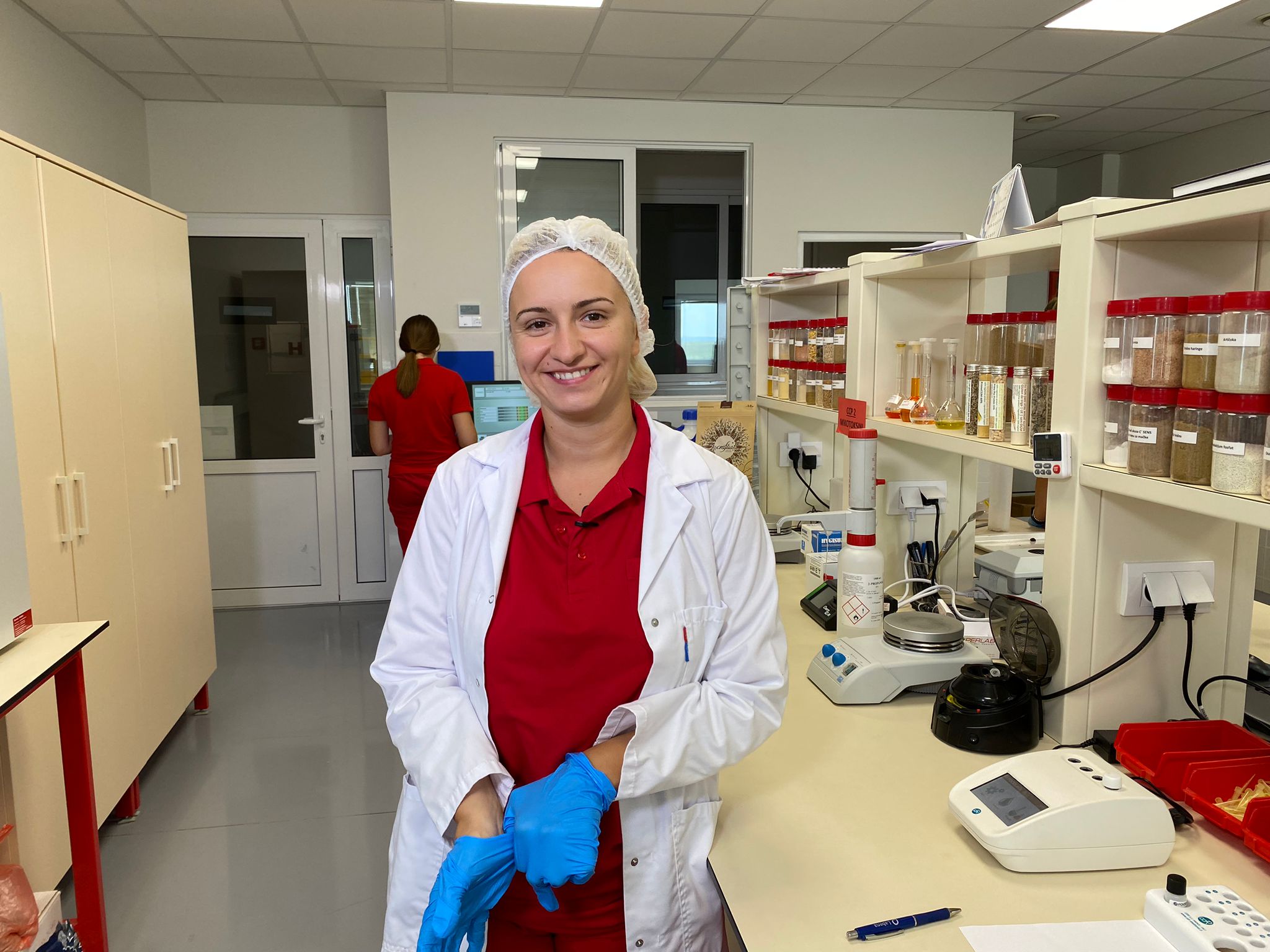
The company also received support from the EBRD’s Advice for Small Businesses programme, which offers business advice through local and international consultants to help companies to become more competitive and grow. In the case of Agrosava, consultants worked with the company on several projects which helped them streamline and digitalise some areas of their operations.
“Access to well-structured financial and advisory support can encourage local firms to invest in boosting their competitiveness. We have seen how this can help them grow. This is why we remain united with our partners, the EU and local partner banks to continue providing such vital support to Serbian firms,” says Aleksandra Vukosavljevic, EBRD Director, Financial Institutions, Western Balkans and Eastern Europe.
Supporting local SMEs is one of the key priorities for the EU in Serbia.
Martin Klaucke, Head of Operations Section, EU Delegation to Serbia, adds: “Small and medium-sized enterprises are vital for the Western Balkan economies. That is why, building on our longstanding cooperation with the ERBD in the region, we are continuing to support SMEs in strengthening their resilience and investing in sustainable growth. The EU-funded projects in Serbia promote job creation, economic and technological development and legislative framework improvement, all of which contribute to an improved economic landscape. ”

